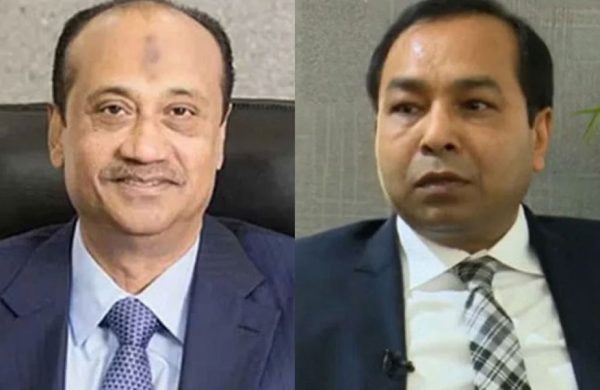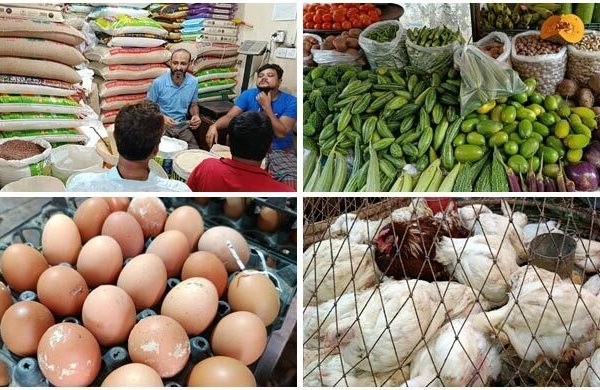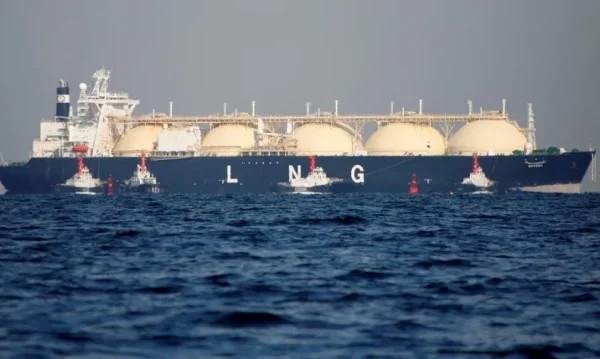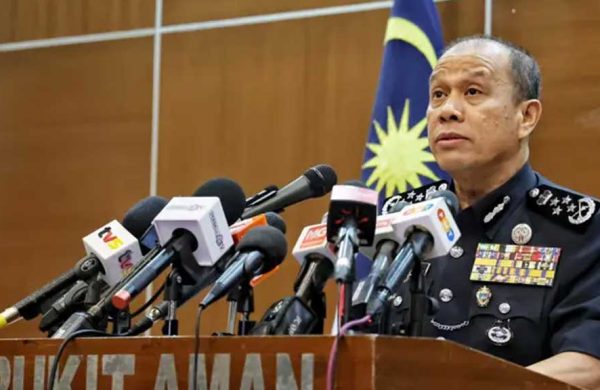ADP set for Tk49,000cr downsize amid lowest spending
- Update Time : Tuesday, January 14, 2025

TDS Desk:
According to data from the Finance Division and the Planning Commission’s Programme Division, government fund allocations will decrease by Tk30,000 crore, or 18%, while foreign fund allocations will drop by Tk19,000 crore, or 19%.
The downsizing follows the lowest-ever development spending rate during the first five months of the current fiscal year, according to the Implementation Monitoring and Evaluation Division.
The ADP implementation rate up to November stood at 12.29%, lower than 18.41% in FY24 and 17.06% in the same period of the previous fiscal year, it added.
The revised ADP is typically approved in March, but this year the process has already started with efforts to get it approved in February, said officials from the Programme Division.
As part of this, the Finance Division has already set the ADP ceiling for the current fiscal year, and the Programme Division will allocate funds to various sectors within this limit.
The approval was initially scheduled for the National Economic Council meeting on 27 February. However, a Planning Commission official said efforts are being made to advance the date.
Mustafa K Mujeri, executive director of the Institute for Inclusive Finance and Development, that the post-July period has seen instability across all areas, with the situation remaining abnormal.
“As a result, the ADP implementation rate for the current fiscal year is the lowest in over a decade, and it is unclear when conditions will improve. Consequently, there will not be much development spending in the current fiscal year,” he added.
The economist said while the government collects revenue and allocates funds for the ADP, it has also announced a dearness allowance in addition to salaries and allowances for government officials, limiting ADP funding.
“A portion of government funds must be used for foreign loan disbursement. As the spending from government funds slowed, disbursements by development partners have also decreased. Despite the reduction, the allocation remains above Tk2 lakh crore, raising concerns about whether it can be fully utilised,” he added.
The original ADP size for the current fiscal year is Tk265,000 crore, comprising Tk165,000 crore in government funds and Tk100,000 crore in foreign assistance.
In FY24, the ADP was revised down by Tk18,000 crore, or 6.84%, with government fund allocations reduced by 4.44% and foreign assistance by 11.17%.
Planning Commission officials said the ADP could not be implemented during the July-August mass uprising that toppled the Awami League government, and the consequent unrest in all areas of the administration has yet to normalise. As a result, the pace of development spending is slow this fiscal year.
Due to low implementation, the demand for the revised ADP from ministries and departments has also decreased. Additionally, the ADP ceiling has been set based on the government’s revenue collection.
However, the revised ADP has a higher ceiling than the current fiscal year’s demand. Officials said the ceiling was increased to boost government investment.
Planning Commission officials said the government has reviewed all ongoing projects from the previous administration, dropping many that were deemed irrelevant or politically motivated, reducing the demand for financial expenditure.
Following the July upheaval, many project directors left their posts, and some faced accusations. As a result, the ADP implementation rate has declined. Many local contractors have yet to return to project sites, and foreign contractors are absent from several foreign-funded projects. Given these challenges, the ADP allocation has been reduced.
Officials from the Programme Division said the slow pace of implementation has significantly reduced the demand for government funds. Typically, the demand from ministries and departments is much higher in other fiscal years, but this year, it is lower than the ADP ceiling.
However, to boost government investment, a higher allocation than the demand has been proposed for the current fiscal year, they added.
In the current fiscal year, ministries and departments requested Tk70,000 crore to Tk75,000 crore in foreign loans and grants. However, prioritising foreign financing, the government increased the allocation and set the ceiling at Tk81,000 crore.



















